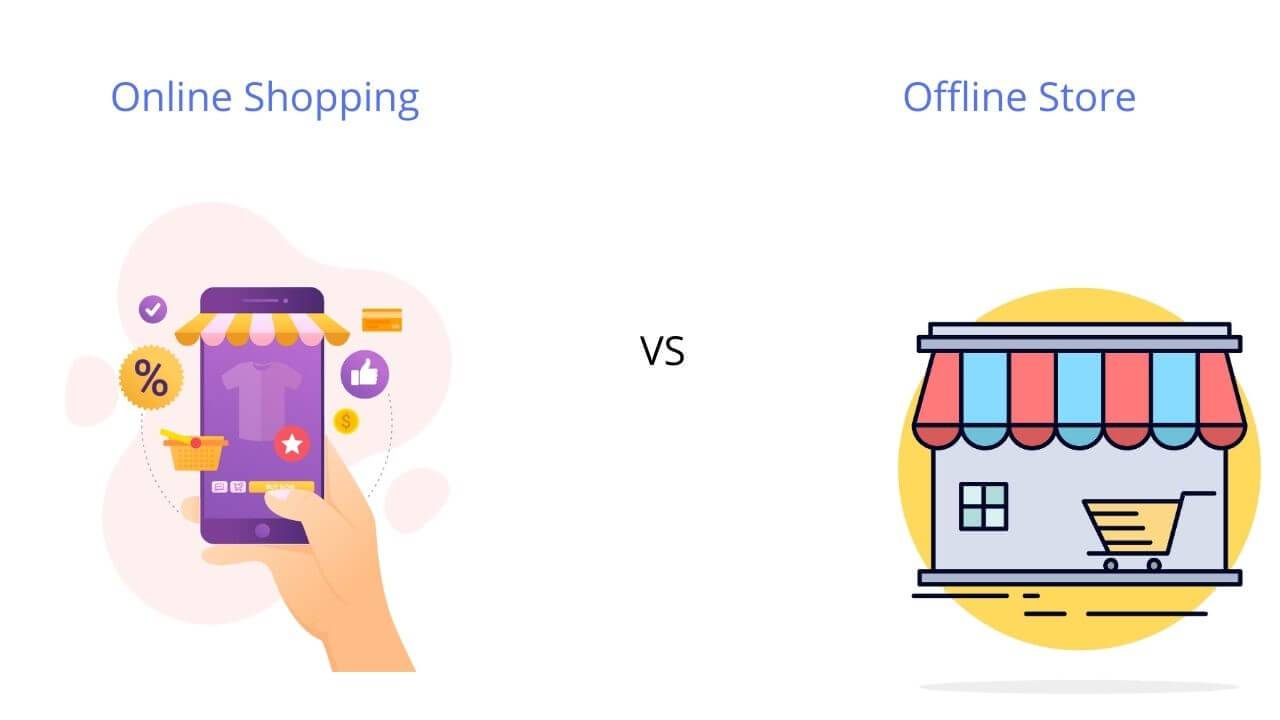In recent years, the tech industry has seen a surprising trend: numerous companies, both large and small, announcing significant layoffs. This phenomenon is perplexing, especially given the sector’s rapid growth and innovation. To truly grasp why many tech companies are laying off employees, it’s crucial to delve into the various factors contributing to this unsettling trend.
Economic Factors
Global Economic Downturn
Economic recessions can have a devastating impact on tech companies. When the global economy slows down, consumer spending decreases, leading to reduced demand for tech products and services. This was evident during the 2008 financial crisis and more recently during the COVID-19 pandemic, where many tech firms had to scale back operations and reduce their workforce to stay afloat.
Market Volatility
The stock market’s fluctuations can greatly influence tech companies. When stock prices drop, companies may face pressure from investors to cut costs, often resulting in layoffs. Investor expectations for short-term profitability can lead companies to make tough decisions to maintain or boost their stock value.
Company-Specific Reasons
Financial Health
When a tech company experiences a drop in profit margins or revenue, layoffs can become an inevitable part of cost-cutting measures. Companies must often trim down to maintain financial stability, which can mean letting go of valuable employees.
Mergers and Acquisitions
Mergers and acquisitions frequently lead to organizational restructuring. In these scenarios, redundancies and overlaps in roles are common, leading to job cuts as the new entity seeks to streamline operations and eliminate duplicated positions.
Technological Advancements
Automation
Advancements in automation technology have revolutionized many industries, including tech. While automation increases efficiency, it also means that fewer human roles are needed. Machines and software can perform tasks that once required a significant workforce, leading to layoffs.
Artificial Intelligence
Artificial Intelligence (AI) is another game-changer. AI can handle complex tasks that previously required skilled employees, from data analysis to customer service. As AI technology becomes more sophisticated, the need for human intervention decreases, leading to job reductions in areas heavily impacted by AI.
Strategic Shifts
Business Model Changes
Tech companies often pivot to new markets or change their business models to stay competitive. When a company shifts its focus, it may discontinue unprofitable product lines or services, resulting in layoffs. This strategic realignment is necessary for long-term growth but can be disruptive in the short term.
Product Lifecycle Management
As products reach the end of their life cycle, companies may decide to halt production and development, shifting resources to new projects. This transition can lead to job cuts in departments associated with the older products, as the company reallocates its workforce.
Market Competition
Competitive Pressure
In a highly competitive market, tech companies must operate efficiently to survive. This often means running a lean operation, which can include layoffs. Companies must continuously innovate and reduce costs to keep up with or surpass their competitors, leading to difficult staffing decisions.
Globalization
The trend of offshoring and outsourcing is prevalent in the tech industry. Companies move operations to countries with lower labor costs, which can result in layoffs in their home country. This strategy helps reduce expenses but also impacts the domestic workforce.
Regulatory and Legal Factors
Compliance Costs
New regulations can impose significant costs on tech companies. Compliance with these regulations often requires substantial financial resources, which can lead to layoffs as companies attempt to balance their budgets.
Labor Laws
International variations in labor laws can also impact tech companies. Compliance with local regulations may necessitate layoffs, especially if maintaining a workforce in certain regions becomes financially unsustainable.
Impact on Employees
Emotional and Financial Stress
Layoffs cause significant emotional and financial stress for affected employees. Personal stories and case studies highlight the human side of these decisions, revealing the challenges and hardships faced by those who lose their jobs.
Career Transition
Despite the initial shock, many laid-off employees find new opportunities and career paths. Companies often provide support programs and resources to help with the transition. Success stories post-layoff demonstrate resilience and the potential for growth and new beginnings.
Impact on Company Culture
Employee Morale
Layoffs can severely impact the morale of remaining employees. The uncertainty and fear of further cuts can decrease productivity and engagement. Companies must employ strategies to boost morale and reassure their staff to maintain a positive work environment.
Brand Reputation
Public perception and media coverage of layoffs can damage a company’s brand reputation. The long-term impact on the brand can be significant, affecting customer loyalty and the ability to attract top talent in the future.
Case Studies
Notable Tech Layoffs
Examining notable examples of tech layoffs provides insight into common patterns and reasons. Companies like Uber, WeWork, and others have faced significant challenges leading to large-scale layoffs. These case studies offer valuable lessons for the industry.
Lessons Learned
From these examples, it’s clear that strategic planning and transparent communication are key. Companies that handle layoffs with care and provide ample support to affected employees often recover more successfully and maintain a better public image.
Conclusion
Tech layoffs are a complex issue influenced by a multitude of factors, including economic conditions, technological advancements, and strategic decisions. While the immediate impact on employees and company culture can be severe, understanding the underlying reasons can help stakeholders navigate these challenges more effectively. As the tech industry continues to evolve, staying adaptable and resilient will be crucial for both companies and employees
I am Komal Hatwaani, aims to provide readers with informative and engaging content that covers everything from technology and business to entertainment and lifestyle. This website dedicated to delivering high-quality content that informs, entertains, and inspires our readers.
Join us on our journey as we continue to explore the ever-evolving landscape of news and information, providing you with valuable insights and perspectives that enrich your digital experience.











